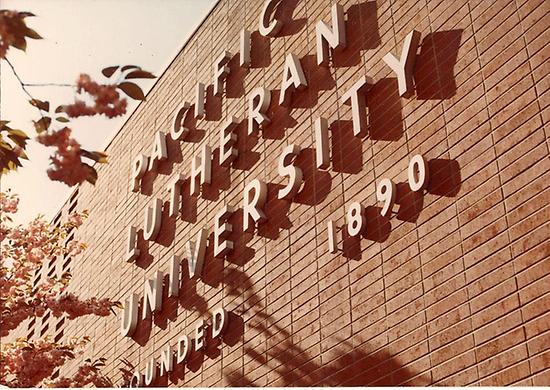Kels Mejlaender, Copy Editor
January ushered in a new year, new study away trips and, most importantly, a new season of BBC’s “Sherlock.” The British mini-series has received awards and critical praise since its premiere in 2010, but fans of the series were forced to wait two years after the second season, which ended on a major cliffhanger, for the show’s return.
This is partially due to the popularity of the series’ two main stars, Benedict Cumberbatch as Sherlock Holmes and Martin Freeman as best friend John Watson. Cumberbatch starred in the latest “Star Trek” film and voiced two different characters in “The Hobbit” series. Freeman plays the lead, Bilbo Baggins, in “The Hobbit” series.
But the show that launched their careers was “Sherlock,” a modern adaptation of Sir Arthur Conan Doyle’s “Sherlock Holmes,” which is set in a London that includes everything from cars to cell phones. Sherlock’s super sleuthing skills apply just as well in the twenty-first century — he can deduce a person’s habits, family or darkest secrets from mannerisms or objects like a phone or a hat. He also prefers texting to phone calls.
Following the usual series format, season three is divided into three 90-minute episodes. The story picks up two years after Sherlock’s apparent suicide, just as John Watson is moving on with his life and preparing to propose to his girlfriend, Mary Morstan — portrayed by Freeman’s real life partner Amanda Abbington.
During episode one, John struggles to forgive Sherlock for the suicide deception while the consulting detective tries to uncover a terrorist plot against Parliament. In the second episode, Sherlock reminisces about past cases during John’s wedding to Mary and in the third, Sherlock faces off against his latest nemesis, professional blackmailer Charles Augustus Magnussen, who is portrayed by Lars Mikkelson.
As a show, “Sherlock” has been known for its witty, fast-paced dialogue, intricate criminal cases and character development. Season three included all of these, but it had an even stronger emphasis on the character development.
Overall, the third season worked well. It may not have surpassed some of the flawless episodes of seasons past, but it did have numerous spectacular moments, such as John’s succession of attacks against Sherlock when the detective insensitively explains his faked suicide.
Others include John’s bachelor party, during which John and Sherlock both get completely drunk and try to solve a case that ends with Sherlock puking on a piece of evidence.
What the stories in season three did lack was the presence of an overarching villain. Magnussen disappears entirely from the second episode, and he failed to really stand up to the quirky madness of previous villain Jim Moriarty.
Despite this, the series provided another intriguing season that tops practically everything else on television. Some reports have given fans reason to hope for a season four as soon as Christmas. However, other sources warn it could be another two years before “Sherlock” solves his next case.


















